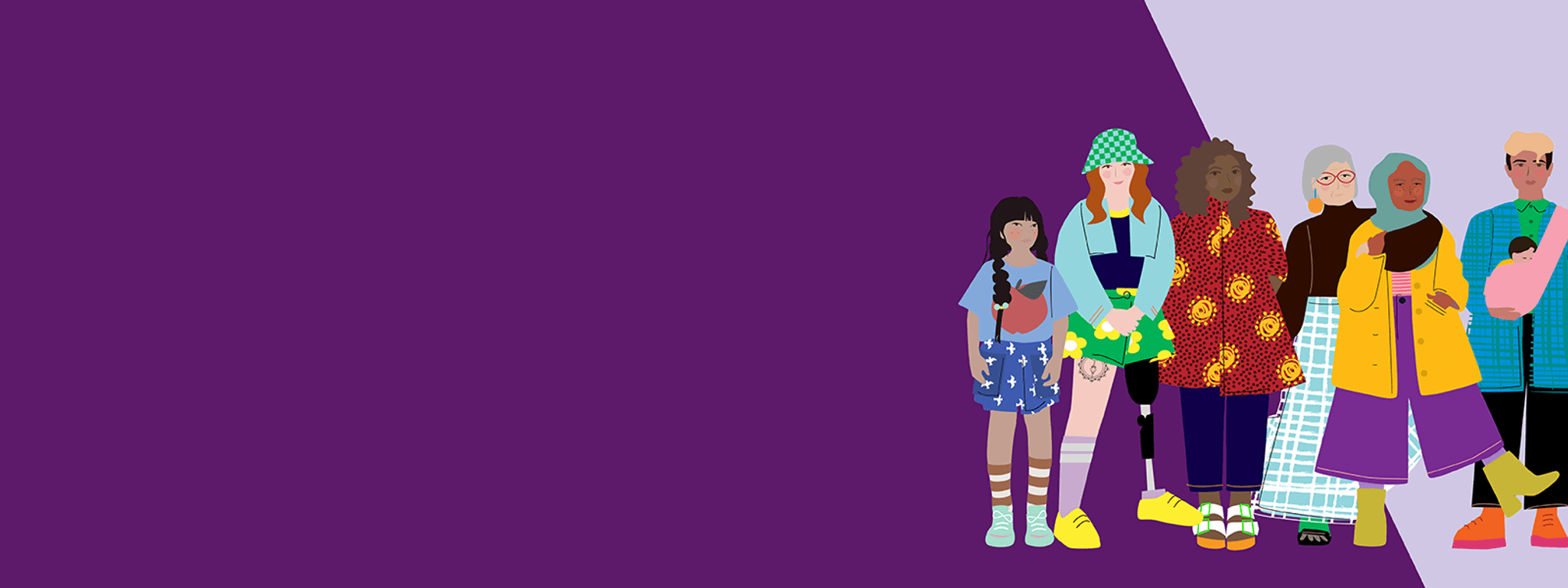Childhood and adolescence are times of significant change and development. Adjusting to the physical and emotional changes of puberty can be challenging. Stigma and social pressure to hide any sign of menstruation can stop girls and young women from talking about their experiences, playing sport or seeking support and advice.
Key statistics 1
- Girls and young women are less likely to take part in sport as they get older. Almost 50% of girls drop out of sport by the age of 17. [1]
- Almost a third of Australian girls aged 10 to 14 miss school because they are embarrassed about their periods. [2]
We will continue to provide free pads and tampons in government schools. This will make it easier for students to manage their menstrual health, and allow them to fully engage in their education. We will also provide free pads and tampons in public spaces and investigate strategies to further destigmatise periods.
We will improve access to healthcare for young Victorians by establishing 9 new sexual and reproductive health hubs. This will expand the network to 20 hubs across the state.
Mental health conditions often emerge in adolescence. Around 75% of diagnosable mental illnesses first emerge before the age of 25. [3] Young women experience poor mental health at almost double the rates of young men. The risk of distress and mental health conditions can increase for young people who are same-sex attracted or questioning their sexuality or gender.
This strategy will deliver a funding package to expand access to vital mental health and support services for gender diverse Victorians.
Young Victorians have suffered a surge of eating disorders, a statistic that is sadly replicated worldwide. Eating disorders are the third most common chronic illness in young women and have the highest mortality rate of all psychiatric illnesses. This includes increased risk of suicide. [4]
Key statistics 2
- Body image is in the top 4 concerns for young Australians, with 30% concerned about their body image. [5] Up to 80% of young teenage girls report a fear of becoming ‘fat’. [6]
- Compared to the general population, LGBTIQ+ young people are at higher risk of major depression, generalised anxiety disorder, suicidal ideation and suicide attempts. [7]
This strategy will support young Victorians with emerging mental health conditions to recover and live happy, healthy lives.
We are building Victoria’s mental health system from the ground up with a strong gender lens through our unprecedented investment following the findings of the Royal Commission into Victoria’s Mental Health System. This means we are thinking critically about how our policies, programs and services meet the different needs of women, men and gender diverse people so we can develop solutions that benefit everyone.
This is a collective effort. We are engaging the sector as we achieve the recommendations, including with services, not-for-profit organisations, the workforce and people with lived experience of mental health conditions.
Case study: helping schools promote positive menstrual health
Free pads and tampons are available in every government school in Victoria – because being able to access period products shouldn't be a barrier to students getting the most out of their education.
Victoria is the first state or territory in Australia to ensure every government school student has access to free period products. The $36.2 million initiative began in Term 3 in 2019 and we installed dispensing machines in every school by the end of Term 2, 2020.
A lack of easy access to pads and tampons can affect students participating in sports and everyday school activities. Students may not be able to concentrate in class, feel comfortable or confident doing physical activity or they may miss school altogether. By making pads and tampons available and free at school, we are one step closer to educational equality.
Schools have an important role to promote positive culture around menstrual health and build supportive environments. The initiative aims to reduce the stigma of periods and make school a more inclusive place where students can focus on their studies.
We will continue to normalise periods and provide cost-of-living relief through our $23 million package to provide free pads and tampons at up to 700 public locations across the state. They will be available in public hospitals, courts, TAFEs, public libraries, staffed train stations, and major cultural institutions like the State Library and Melbourne Museum in 2024.
References
[1] Suncorp, Suncorp Australian Youth & Confidence Research 2019, 2019, accessed 12 April 2023. https://www.suncorp.com.au/learn-about/teamgirls/teamgirls-powered-by-s…
[2] Plan International, One in five boys and young men think periods should be kept secret, media release, 2022, accessed 06 February 2022. https://www.plan.org.au/media-centre/one-in-five-boys-and-young-men-thi…
[3] Australian Institute of Health and Welfare, Australia’s youth: mental illness, 2021, accessed 20 March 2023. https://www.aihw.gov.au/reports/children-youth/mental-illness
[4] Women's Health Victoria, Submission to the Royal Commission into Victoria's Mental Health System, WHV, 2019, accessed 06 February 2023. https://womenshealthvic.com.au/resources/WHV_Publications/Submission_20…
[5] E Carlisle, J Fildes, S Hall, V Hicking, B Perrens and J Plummer, Youth Survey Report 2018, Mission Australia, 2018.
[6] A Kearney‐Cooke, and D Tieger, ‘Body image disturbance and the development of eating disorders’ in L Smolak and MD Levine (eds), The Wiley handbook of eating disorders, Wiley, West Sussex, UK, 2015, pp 283–296.
[7] A Hill, A Lyons et al., Writing themselves in 4: the health and wellbeing of LGBTIQA+ young people in Australia, 2021, accessed 12 April 2023. https://www.latrobe.edu.au/__data/assets/pdf_file/0010/1198945/Writing-…
Updated

